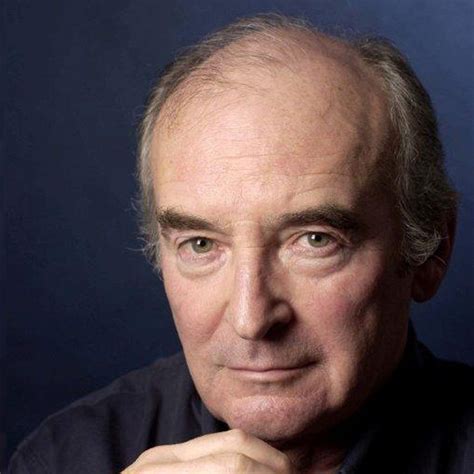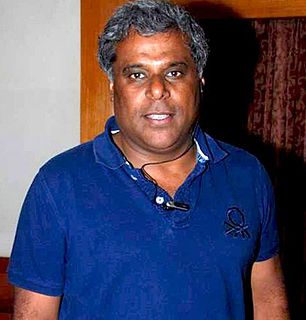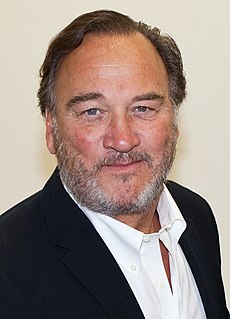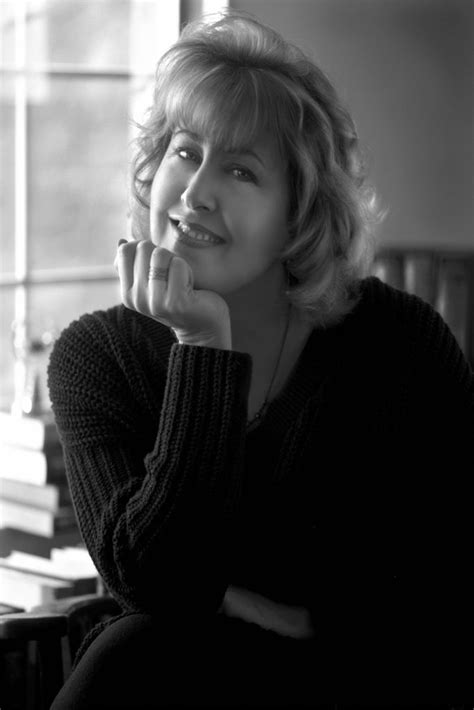A Quote by James Hollis
In the second half of life, the questions become: 'Who, apart from the roles you play, are you? What does the soul ask of you? Do you have the wherewithal to shift course, to deconstruct your painfully achieved identity, risking failure, marginalization and loss of collective approval?' No small task.
Related Quotes
When you go through hell, your own personal hell, and you have lost - loss of fame, loss of money, loss of career, loss of family, loss of love, loss of your own identity that I experienced in my own life - and you've been able to face the demons that have haunted you... I appreciate everything that I have.
Man's main task in life is to give birth to himself, to become what he potentially is. The most important product of his effort is his own personality. One can judge objectively to what extent a person has succeeded in his task, to what degree he has realized his potentialities. If he has failed in his task, one can recognize this failure and judge it for what it is - a moral failure.
The main characteristic of collectivism is that it does not take notice of the individual's will and moral self-determination. In the light of its philosophy the individual is born into a collective and it is "natural" and proper for him to behave as members of this collective are expected to behave. Expected by whom? Of course, by those individuals to whom, by the mysterious decrees of some mysterious agency, the task of determining the collective will and directing the actions of the collective has been entrusted.
There has to be a womp on the side of the head that defeats and undercuts this game of performance. It has to fall apart. Now unfortunately, that very often does not happen until what I call the second half of life, when there's been enough death in the family and you start experiencing your own physical deterioration.
Being gay, you're kind of forced to ask, I suppose, very existential questions from a very, very early age. Your identity becomes so important to you because you're trying to understand it, and, I think, from the age of, like, 9, you're being forced to ask questions... that other kids maybe don't have to ask.
When Whitney Houston died, I felt great sadness. My sadness, of course, was about our collective loss - when you listened to this nightingale sing, your body would drop into a chair, your head would tilt up, a small smile would creep across your face, and inside you knew that there was a higher power somewhere: gifted, beautiful, spiritual.



































